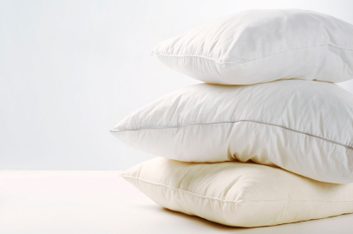
1. Sleep helps you feel your best
The idea that it’s necessary to get eight hours of sleep each night partly comes from studies that ask people how much time they normally spend sleeping. For example, in a survey conducted by researchers at Queen’s University in Kingston, Ont., more than 17,000 students in 24 countries were asked how much sleep they got each night. Sixty-three percent of participants said they slept from seven to eight hours.
“[Eight hours] is the norm for the amount of time that most people sleep,” says Helen Driver, a Kingston, Ont.-based sleep researcher and president of the Canadian Sleep Society. “On an individual basis, it’s the amount of sleep that allows you to wake up feeling refreshed and able to stay awake during the day.”
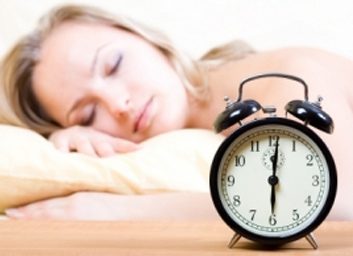
2. Sleep protects you from heart disease, diabetes
While it’s normal to go through bouts of disturbed sleep, if you’re routinely waking up groggy over several years, your health may be at risk.
“Insufficient sleep can result in an impact on immune function and cardiovascular risk,” says Driver. There’s also a link between weight gain and reduced sleep. Studies have also shown a link between sleep deprivation and increased risk of developing type 2 diabetes.

3. Sleeping burns calories
How many calories does an extra two hours of sleep burn? Almost 300, according to a study at Hendrix College in Conway, Arkansas.
Researchers at the college asked 32 summer students to keep diaries noting how much sleep they got and what foods they ate over a three-week period. The first week, students stuck to their normal eating and sleeping schedules so researchers could see their normal routine. The second week, students were asked to sleep an extra two hours a day. The third week, students returned to their normal routine.
When researchers compared the students’ diaries after the third week, they found that the students who got an extra two hours of sleep in week 2 ate nearly 300 calories a day less than in week 1. When they returned to their normal sleep-deprived routines in week 3, they ate more food.
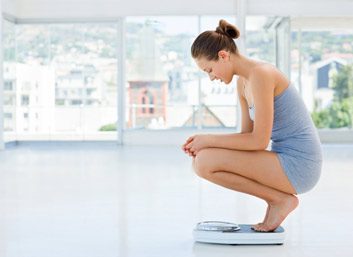
4. Sleep keeps extra pounds at bay
A study of 68,000 women conducted at Harvard Medical School revealed that women who sleep five hours a night are 32 percent more likely to gain 30 pounds or more as they get older than women who sleep seven hours or more.
Common sense says that someone who’s awake and running around should be using up more calories than someone who’s in bed. Running around should make them skinnier, right? But the study, conducted over a 16-year period, revealed that even when the women who slept longer ate more, they still gained less weight than women who slept less.
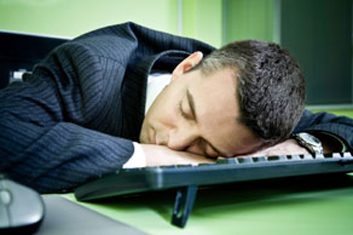
5. You’ll be a better employee
Want to get some sleep and boost job performance by 34 percent? “Take a 26-minute nap,” says Sara Mednick, research scientist at the University of California at San Diego and author of Take a Nap! Change Your Life. Studies show that one nap of up to 90 minutes between the hours of 1:00 and 4:00 P.M. will reduce your sleep debt, invigorate your day, boost your job performance, and not affect night sleep, says Mednick.
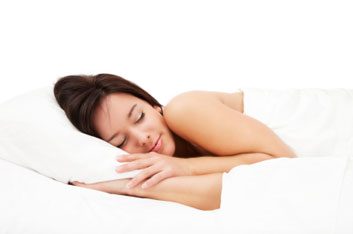
6. Sleep boosts your immune system
Sleeping better may help you fight off illness. Sleep deprivation makes your body’s emergency stress system kick in. “Then you get all kinds of physiological problems,” says Eva Libman, associate director of the behavioural psychotherapy and research unit at Montreal’s Jewish General Hospital. “Certainly, not getting enough sleep can undermine the immune system.”
In fact, bedrest may make your flu shot work better as well. In a University of Chicago study, men who were vaccinated while being deprived of sleep (the subjects were not allowed to sleep more than four hours a night) produced less than half the antibodies to the flu virus that vaccinated men who got a full night’s rest did.

7. Sleep improves brain function
Not only does sleep deprivation lead to poor health, it also affects your concentration, problem-solving skills, memory and mood. Dr. Jeffrey Lipsitz, medical director of the Sleep Disorders Centre of Metropolitan Toronto, says sleep is connected to “alertness, productivity, performance and reaction times.” And that’s not all: Problems with memory, decreased social interaction and difficulty concentrating can all be linked to lack of sleep.
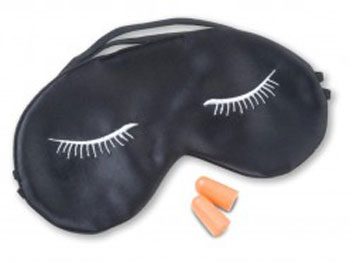
8. Sleep helps you look better
People who are limited to only four or five hours of sleep a night for several nights not only experience more physical ailments, such as headaches and stomach problems, but also undergo changes in metabolism similar to those occurring with normal aging. It’s no wonder we look terrible after a sleepless night.
One of the reasons may be growth hormone, secreted during our deepest and most restorative sleep. According to psychiatrist Rachel Morehouse, director of the Atlantic Health Sciences Sleep Centre in Saint John, N.B., when we don’t sleep deeply, “growth hormone is almost negligible in the system.” Levels of the hormone drop dramatically between the ages of 20 and 60, says Dr. Mehmet C. Oz, the U.S.-based co-author of the You health books. “When you have high levels of the hormone, you have muscle mass, better skin. You want to keep your growth hormone as high as possible, and the number one way to do that is sleep.”
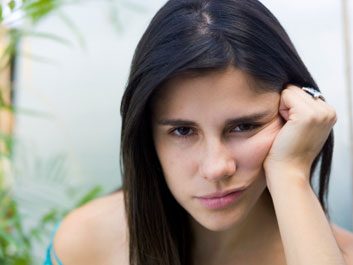
9. Sleep improves your mood
Statistics Canada surveys reveal that 25 percent of Canadians over the age of 15 regularly have trouble getting to sleep, and 3.3 million Canadians suffer from insomnia. People with insomnia produce higher rates of stress hormones than others, according to new research. This puts their bodies in a hyper-aroused state that can make it difficult for them to wind down. The inability to sleep causes more stress, which can have a devastating impact. People who don’t get enough sleep can become depressed, and that causes insomnia. Inversely, more and better-quality sleep can make you feel happier.

10. Sleep keeps cravings in check
Sleep deprivation also influences your food choices, making you crave high-carb and high-sugar foods. This is because sleep loss decreases insulin sensitivity, putting the sleep-deprived at higher risk for developing type 2 diabetes. So sleep more-it may make it easier to fight that cookie craving, and wake up a whole new you.
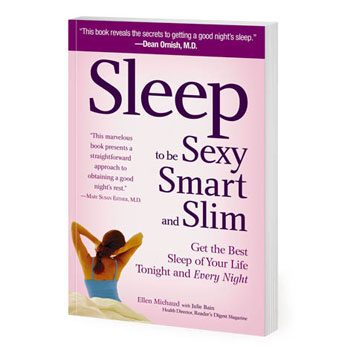
Sleep to be Sexy, Smart and Slim
Looking for some expert advice to help you get more shut-eye? Pick up a copy of Sleep to be Sexy, Smart and Slim-bursting with advice on how to get a better rest without resorting to sleep aids. Learn how the foods you eat and medications you take can affect your sleep, and how taking a nap can actually reset your heart rate and blood pressure. With tips and tricks that are easy to integrate into your routine, you’ll be vibrant, sharp, and on your way to better health in a wink!
Available now in the Best Health Store.
Related:
• Quiz: What’s your sleep style?
• How to fake a good night’s sleep
• 10 ways to sleep better tonight
